GRAMMAR
Copyright Summersdale Publishers Ltd, 2015
Research by Abbie Headon
All rights reserved.
No part of this book may be reproduced by any means, nor transmitted, nor translated into a machine language, without the written permission of the publishers.
Condition of Sale
This book is sold subject to the condition that it shall not, by way of trade or otherwise, be lent, resold, hired out or otherwise circulated in any form of binding or cover other than that in which it is published and without a similar condition including this condition being imposed on the subsequent purchaser.
Summersdale Publishers Ltd
46 West Street
Chichester
West Sussex
PO19 1RP
UK
www.summersdale.com
eISBN: 978-1-78372-671-4
Substantial discounts on bulk quantities of Summersdale books are available to corporations, professional associations and other organisations. For details contact Nicky Douglas by telephone: +44 (0) 1243 756902, fax: +44 (0) 1243 786300 or email: .
CONTENTS
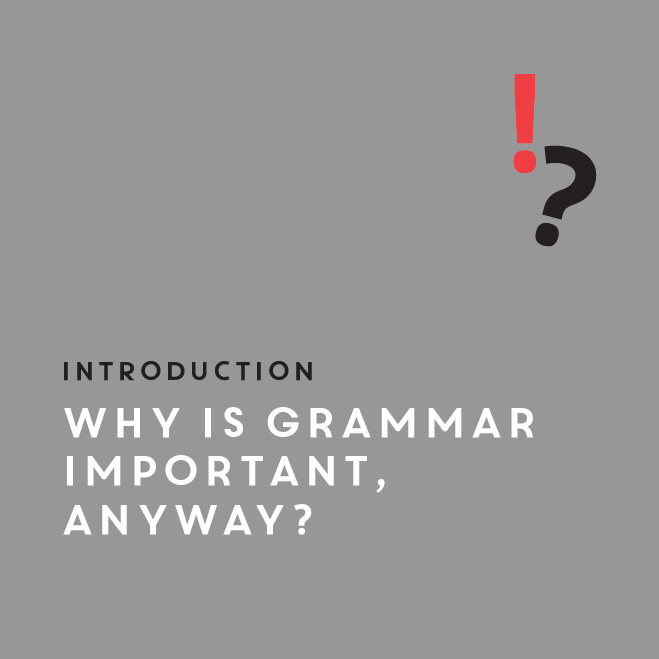
WELCOME!
Whether youre a confident writer whos looking to brush up your grammar skills, or someone who turns pale at the sound of terms like future perfect or double negative, this book is here to help you.
Before we begin, its important to think about the concept of rules, and what were trying to achieve. People who write and think about language often fall into two camps. On one side we have the descriptivists, who look at language as it is actually used in everyday life by real people. The descriptive approach to language looks at how usage changes over time, and does not cling to old and out-of-date practices. This means that a descriptivist is less likely to wince if you say LOL instead of That was funny. On the other side are the prescriptivists, who have studied the rules of English closely and spend their time disseminating them in order to maintain the quality of the language. These people probably will wince if you say LOL and if you say That made me LOL IRL, as I have been known to do, it might even make them fume and grind their teeth.
However, in real life, most people tend to fall somewhere in the middle of this slightly artificial divide. We know that some expressions are more acceptable than others, but we also know that new words are entering the language seemingly faster than ever (just look at twerk, selfie and Twitterati), while other words are seeing their meanings change (for example, hipsters used to be low-rise jeans, and now theyre bearded men in low-sperm-motility jeans).
So what we need is a middle path between the extremes of prescribing and describing. We want to make ourselves understood, and we need to choose a way of speaking or writing thats appropriate to the context were in. The tools of grammar are here to help us achieve precisely those goals. In this book Ill be showing you how grammar works, by looking at the parts of speech, punctuation and confusing words. The book is designed so that you can easily dip in and out of it to find the answers you need to the questions that are on your mind. And by the end, when it comes to grammar, you really will know your shit!
Writing is the geometry of the soul.
Plato
HOW TO USE THIS BOOK
Each chapter tackles a specific subject, and within the chapters youll find numerous subsections, each guiding you through one aspect of the English language. Peppered throughout the text, there are also a variety of boxes focusing on different themes:
 PROBLEM SOLVER
PROBLEM SOLVER
These boxes provide helpful tips for dealing with the grammar problems and confusions that we all encounter.
 THINKING OUTSIDE THE BOX
THINKING OUTSIDE THE BOX
These sections explore situations when you dont have to follow a so-called grammar rule religiously, or when well-known writers have broken the rules to good effect.
 WHAT NOT TO DO
WHAT NOT TO DO
This is where I get out my grammar truncheon and outline mistakes to be avoided and how to do exactly that!
 DID YOU KNOW?
DID YOU KNOW?
From time to time, Ive popped in a language fact, just to shed a little light on how we got to where we are today.
Ive also included some quotations about language and writing, to entertain and inspire you as you read.
We are all apprentices in a craft where no one ever becomes a master.
Ernest Hemingway
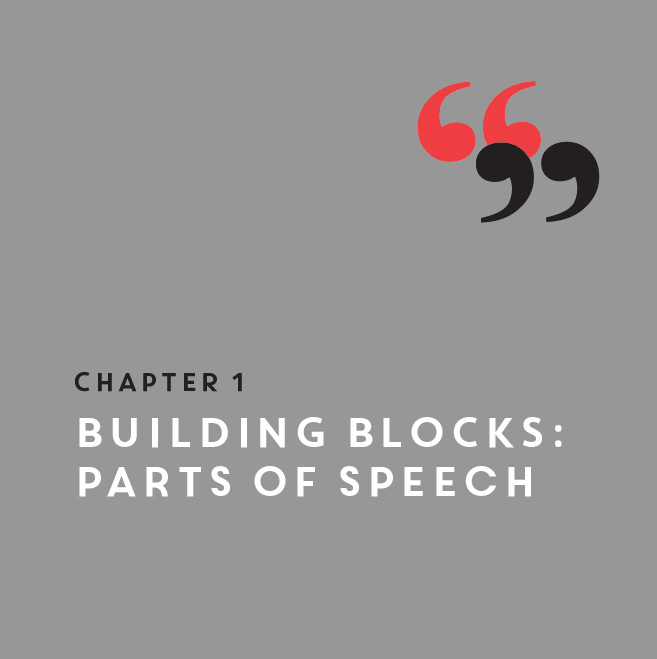
LETS GET STARTED
Before we dive into the business of putting words together into sentences and paragraphs, were going to take a quick tour of what grammarians call the parts of speech:
- Nouns
- Adjectives
- Verbs
- Adverbs
- Pronouns
- Conjunctions
- Prepositions
You may remember some of these words from your school days, and the chances are that youll be pretty sure about some of them and a bit hazy on some of the others. However, as you read through each of these types of word, youll start to see just how cleverly our language fits together. Like osmosis, the power of grammar will seep into your brain, and your writing and understanding will become clearer. So, lets begin!
NOUNS
A noun is a word that describes a thing, a person, a place or an idea.
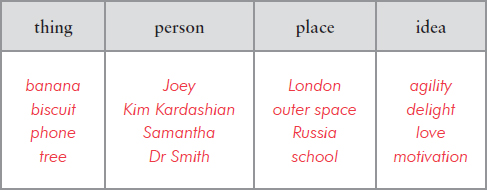
Concrete nouns are things that have a physical existence, such as banana , Joey , London and school .
Abstract nouns are ideas or characteristics that cant be touched or seen, such as love , agility and motivation .
Proper nouns are the names of individual people, places or organisations, and in English they always begin with a capital letter, such as Joey , Dr Smith and Russia .
 WHAT NOT TO DO
WHAT NOT TO DO
Going OTT with capitals
Sometimes we get too attached to the shift key on our computer or smartphone keyboard And Start Capitalising Every Word. You do not need to do this! Its only appropriate to use capitals in this fashion when youre writing a proper noun, such as the name of a person, place or product, or the title of an artwork, such as To Kill a Mockingbird or Mad Max: Fury Road .
And I hardly need to remind you that WHEN YOU WRITE ALL IN CAPITALS IT LOOKS LIKE SHOUTING.
 DID YOU KNOW?
DID YOU KNOW?
Upper-case and lower-case letters
Capital letters are sometimes called upper-case letters , and small letters are sometimes called lower-case letters . The reason for this is that when typesetting first began, and every letter was an individual piece of metal, slotted into the right order by eagle-eyed typesetters, the small letters, which were used most frequently, were stored in an open case right in front of the typesetter, while the capitals, which were needed relatively rarely, were stored in a case higher up. So the lower-case letters were stored in the lower case and the upper-case letters were stored in the upper case!

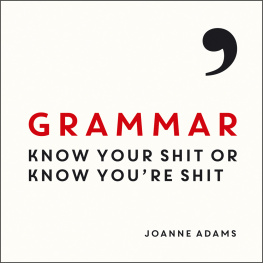
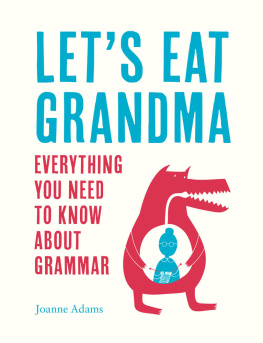

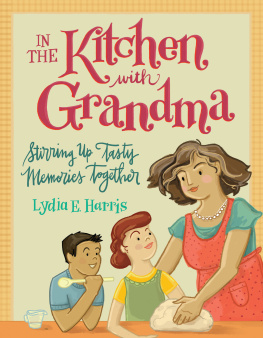
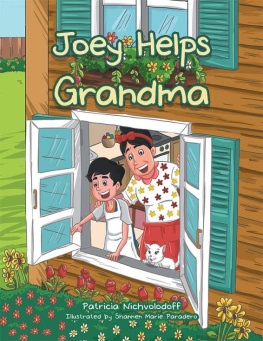
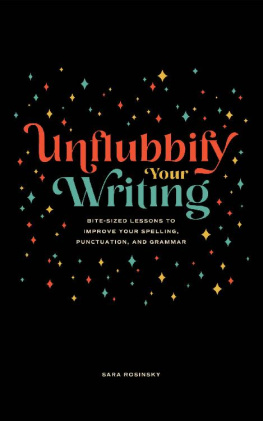
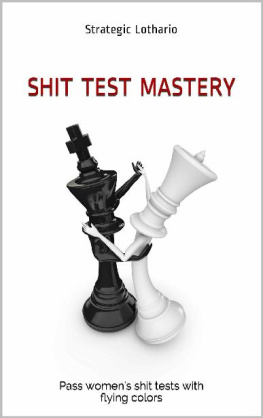
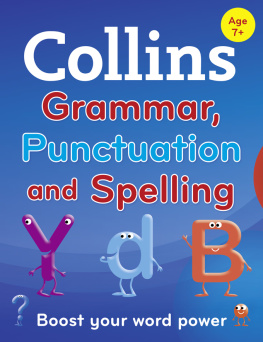
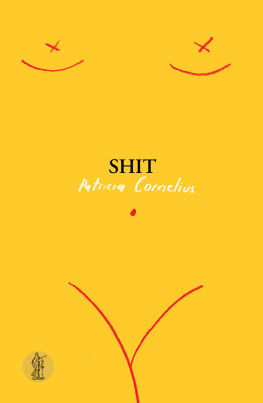
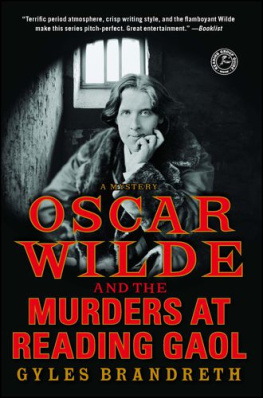
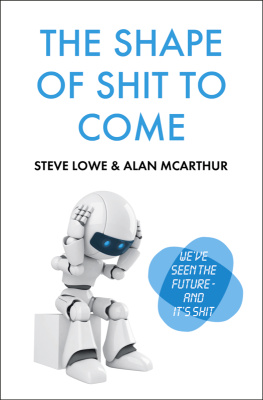



 PROBLEM SOLVER
PROBLEM SOLVER THINKING OUTSIDE THE BOX
THINKING OUTSIDE THE BOX WHAT NOT TO DO
WHAT NOT TO DO DID YOU KNOW?
DID YOU KNOW?
